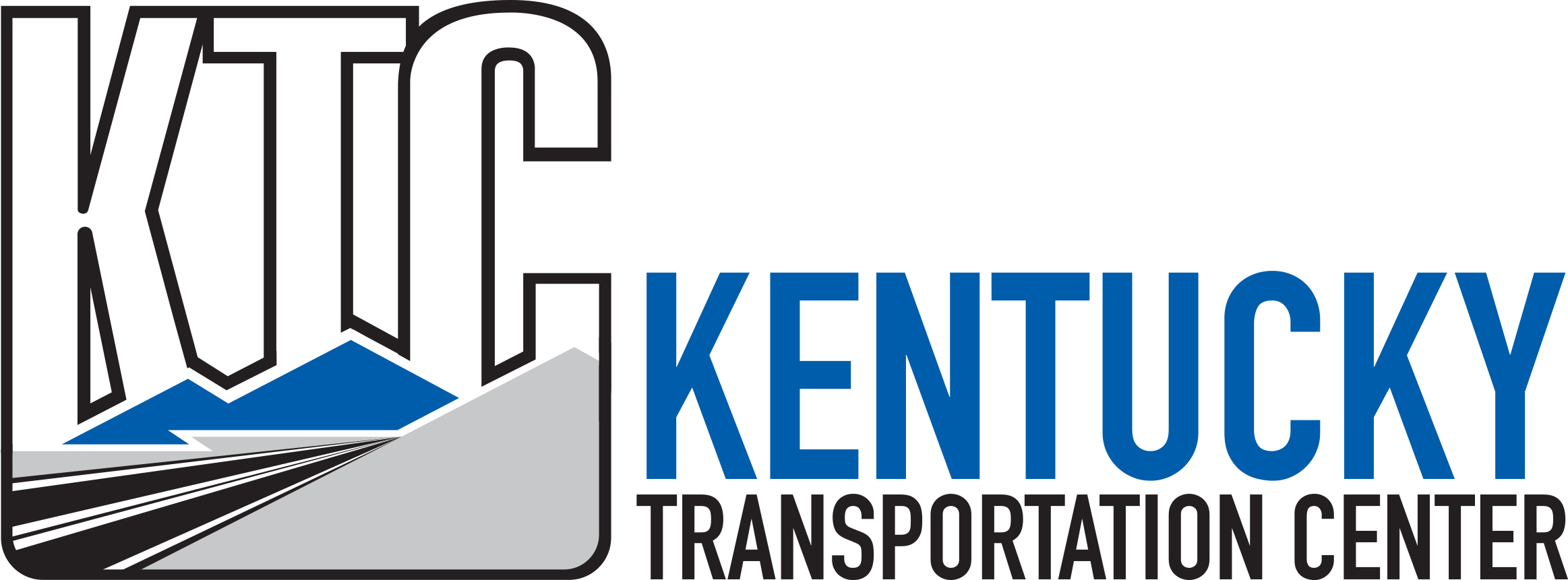Abstract
This study investigates the impact of DOT organizational structures on effective transportation planning and performance. A review of the 50 state DOT authorizing statutes and DOT organizational charts found minimal differences in organizational structures among the states. However, 37 states have quasi-independent commissions (sometimes called boards, or councils.) A statistical analysis showed that the commission states have higher Government Performance Project (GPP) scores than the non-commission states. The analysis suggested that effective commissions avoid having members represent geographical regions and political parties and avoid giving the commission the power to select the director of the DOT. In addition the states with effective DOTs staff their commissions with citizens, not politicians, and give the commission oversight authority, a policy formation role and a clear mission. In the second phase of the study, we conducted five case studies of high performing commission states to obtain best practices. The high performing states were found to institutionalize practices and rules to improve performance and accountability. These structured practices and rules were designed to do the following: (1) reduce political involvement in project selection; (2) hold statewide, regional and local meetings to increase transparency and trust; (3) empower their district offices to make decisions regarding system maintenance and preservation; (4) establish formal waste reduction techniques and processes; (5) allocate road fund resources on a consistent and objective basis; and (6)ensure sufficient funds are available to complete projects on time and on budget.
Report Date
12-2005
Report Number
KTC-05-41/TA18-04-1F
Digital Object Identifier
http://dx.doi.org/10.13023/KTC.RR.2005.41
Repository Citation
O'Connell, Lenahan; Yusuf, Juita-Elena (Wie); Hackbart, Merl; Hartman, Donald L.; Wallace, Candice; and Kreis, Doug, "Today’s DOT and the Quest for More Accountable Organizational Structures" (2005). Kentucky Transportation Center Research Report. 189.
https://uknowledge.uky.edu/ktc_researchreports/189



Notes
The contents of this report reflect the views of the authors, who are responsible for the facts and accuracy of the data presented herein. The contents do not necessarily reflect the official views or policies of the University of Kentucky, the Kentucky Transportation Cabinet, nor the Federal Highway Administration.